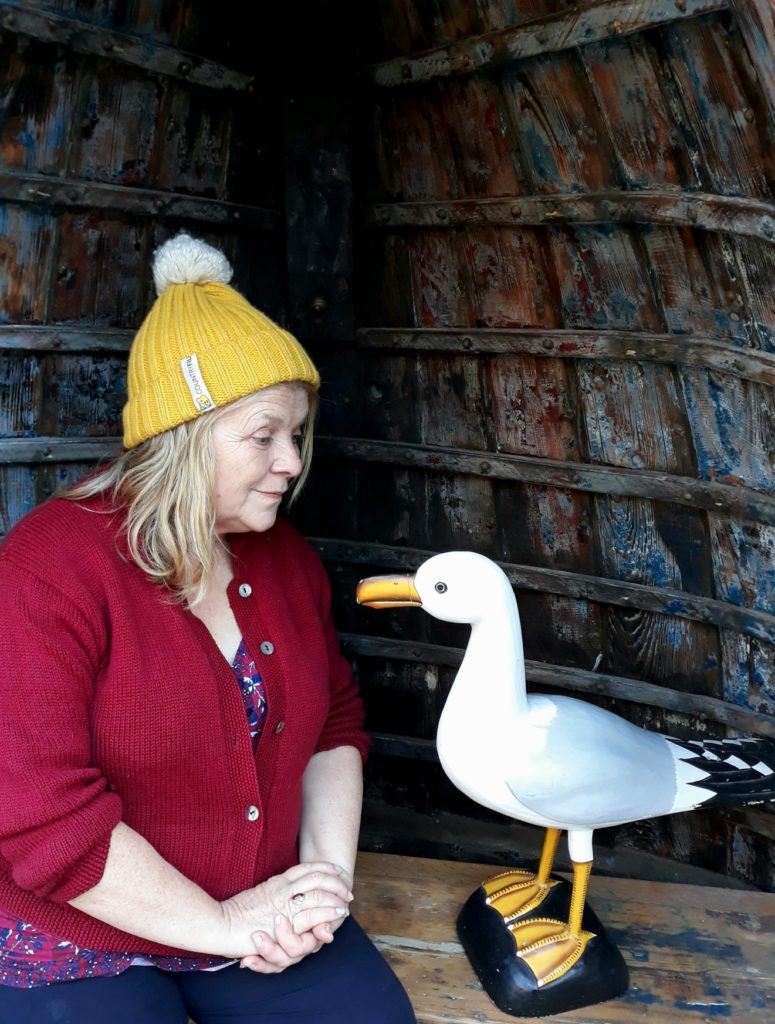
CHEKHOV devotee Helen Wilson set herself the challenge of directing the 19th century Russian’s four greatest plays for York Settlement Community Players in ten years.
Next month, the project will be completed with his 1895 tragicomedy The Seagull, his most famous work, as Settlement celebrate their centenary by returning to the York Theatre Royal Studio.
First, however, Helen will give a library talk tomorrow (January 29) from 6pm to 8pm at York Explore to mark Anton Chekhov’s 160th birthday, under the title of Adventures In The Cherry Orchard: Chekhov And Me.
“Why is Anton Chekhov so beloved and called ‘the father of the modern theatre’,” Helen will ask herself. “I’ll seek to explain why through anecdotes and a little biography; casting a light on why he called his plays ‘comedies’.
“So, come and toast Chekhov’s 160th birthday with a glass of vodka or wine and be entertained by extracts of his work from The Seagull cast. As I direct the fourth of his major plays, I’ll share my enthusiasm for a great Russian dramatist.”
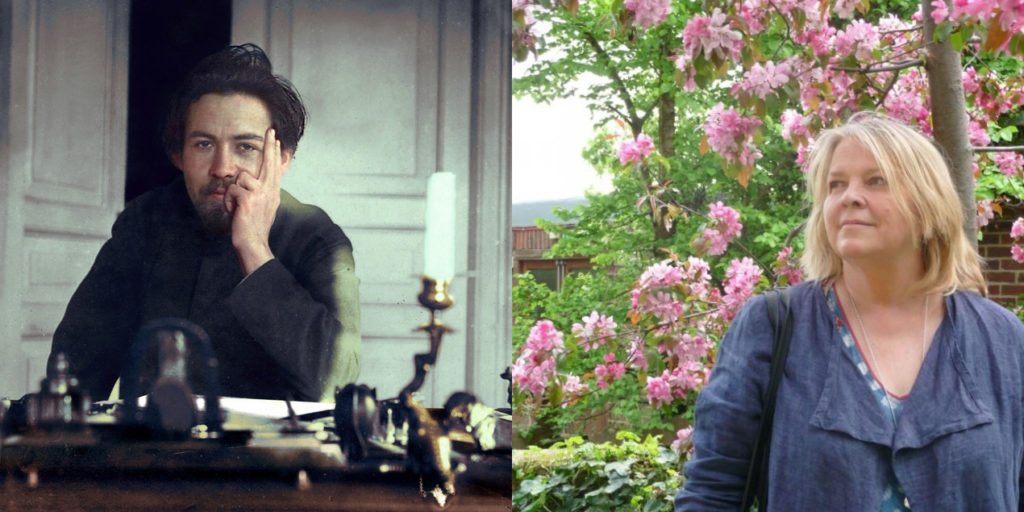
This will be York tutor, theatre director and actor Helen’s final Chekhov production as Settlement tackle the late 19th century work that heralded the birth of modern theatre with its story of unrequited love, the generation gap and how life can turn on a kopek: a raw tragicomedy of poignancy yet sometimes absurd playfulness.
She had not envisaged doing all the Chekhov quartet when she set out in March 2010. “I did Three Sisters in the Theatre Royal Studio, and I thought that would be that, as it was my ambition to do that play,” recalls Helen.
“But then I did The Cherry Orchard at Riding Lights’ Friargate Theatre in September 2015, and I was on a roll, so we did Uncle Vanya in the Theatre Royal Studio in March 2018 and now The Seagull in the Studio again. Two actors have been in all of them: Maurice Crichton and Ben Sawyer. They just keep auditioning!”
Helen can see patterns in Chekhov’s work when putting the four side by side. “Chekhov has both ensemble text and ‘duo-logue’, where there’s so much going on and so much subtext too,” she says.
“So for The Seagull, I’m having to hold both ensemble rehearsals and separate rehearsals for the main characters.
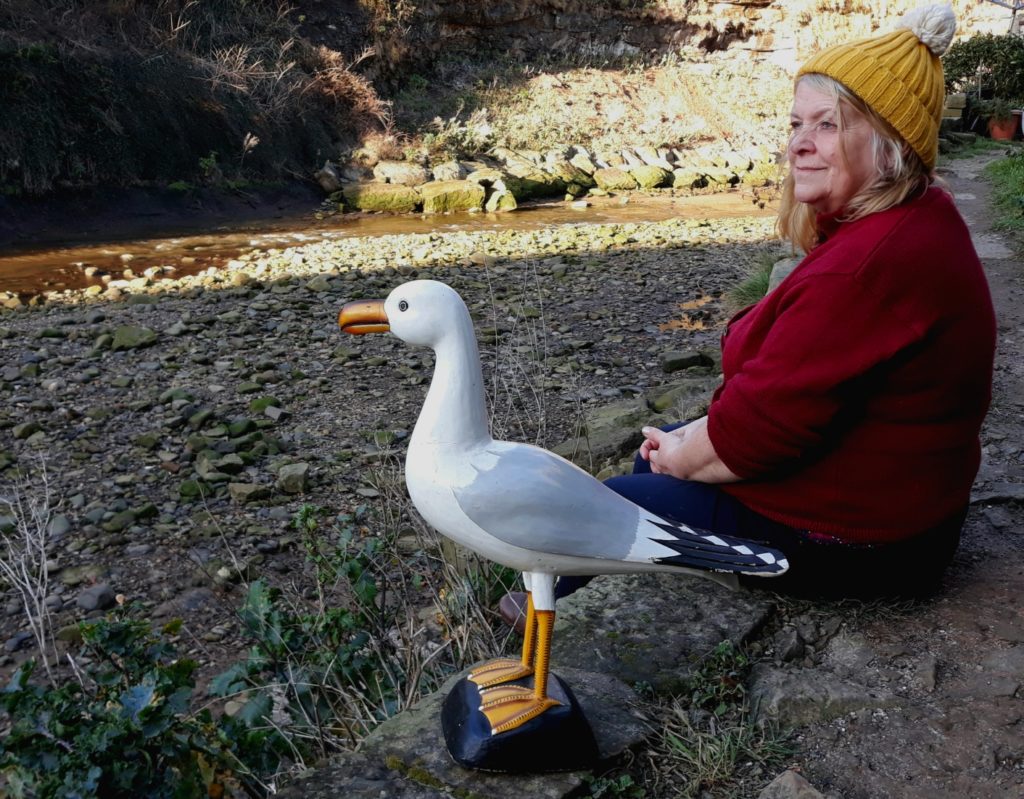
“And having done the three other plays, I can point to the pattern where Act One is always a souffle, with plenty of laughing at these slightly inept characters thinking they are something they’re not, and the audience having that delicious moment of thinking, ‘well, actually that’s not going to happen’. Then Chekhov likes to lob a bomb into the room in Act Three.”
Helen has “always felt that The Seagull has never fully made sense on stage” when she has seen past productions. “Like Irina Arkadina has always been seen as a monster, when she’s not,” she says.
“It’s important to show what’s beneath that, and Chekhov always gives you the opportunity to see the other side of the character. That’s what I want to explore and exploit.
“They’re all vulnerable, every one of them…but when I went to see Vanessa Redgrave in the play when I was nine, I wasn’t very impressed! Her speech at the end wasn’t very good!
“In this production, I want there to be vulnerability, but also warmth, in every character, for the audience to be able to laugh and cry with them.”
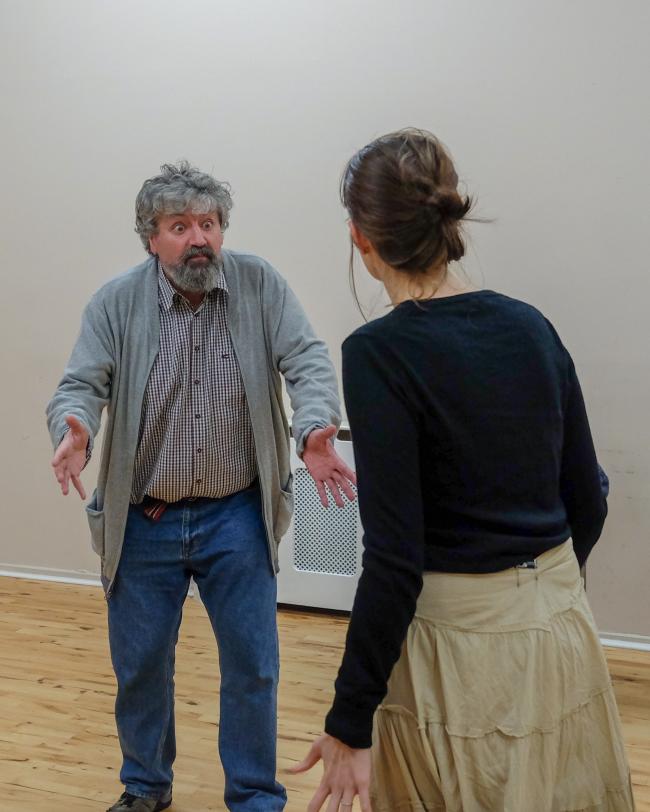
Helen sees a difference between The Seagull and the other three plays. “It isn’t like the others in that the ending is very abrupt,” she says. “Chekhov was very influenced by Ibsen, and this is more of an Ibsen ending than elegiac, but the play is also a great deal funnier than people realise, especially in Act One.
“As with Ibsen and Shakespeare, you can be too reverent in how you present it, but I want people to find the characters recognisable types that they know.
“All life is there; you don’t have to hit people over the head with it. All the resonance is there. It’s all going at someone’s home and that’s how it should feel.”
What has Helen learned from her earlier productions? “Not to have so much on stage, like having a chaise longue previously! The costumes will be period, there’ll be a soundscape and lighting, but what matters is to make it absorbing to watch, so it’s going to be very intimate.”
Settlement’s production, by the way, will be carrying the best wishes of writer/translator Michael Frayn, who has sent the York company a message of gratitude. “It’s a wonderful achievement for YSCP to have performed all of Chekhov’s four last great plays – and I can’t help being pleased, of course, that they have chosen to use my translations,” he wrote.
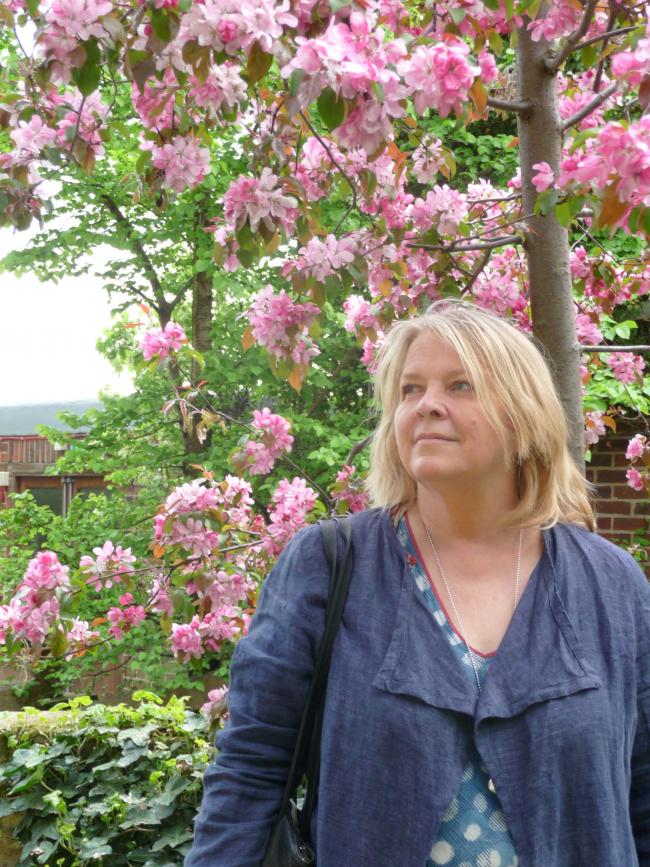
“Most productions of the plays these days seem to be ‘versions,’ with the period, location, genders, and politics changed to make them more relevant to audiences who might otherwise not be up to understanding them.
“People in York, though, are evidently made of tougher stuff, because the simple intention of my translations is to get as close to the original Russian as I can. Just occasionally, perhaps, it’s worth trying to catch the sense and feel of what Chekhov actually intended. So, thank you, YSCP!”
Helen has stated this will be her last Chekhov, but out of the blue she says: “Having done the other three, in some ways I’d like to do Three Sisters again. Having learned things since I did it, I’d do it differently but more or less with the same cast.
“You get into a rhythm of what these plays are like, and they still move me every time. It’s like a labour of love doing them.
“But when I finish this one, I’d love to do an Arthur Miller one next. The thing about Chekhov and Miller is that they’re universal. You don’t have to modernise them for resonance. They will always resonate in their own period.”
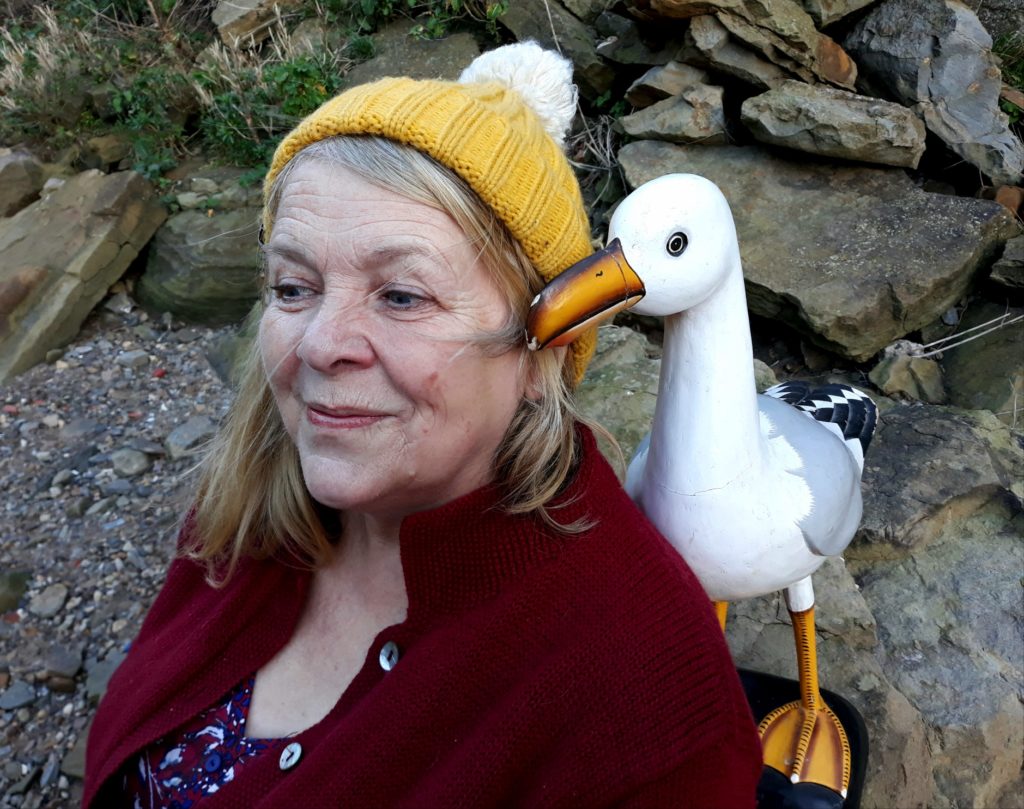
York Settlement Community Players in Chekhov’s The Seagull, York Theatre Royal Studio, February 26 to March 7, 7.45pm plus 2pm matinee on February 29; no Sunday or Monday performances. Box office: 01904 623568, at yorktheatreroyal.co.uk or in person from the Theatre Royal box office.
Tickets for Helen Wilson’s Chekhov talk at 6pm tomorrow (January 29) at York Explore, Library Square, Museum Street, York, cost £5 at yorkexplore.org.
Quick question:
What’s the story behind seagull Cliff, Helen?
“He’s called Cliff and he lives in the window of the much frequented Dotty’s Vintage Tearoom in Staithes, collecting coins for the RNLI. He was allowed to commune with me for an hour or two and seemed to enjoy it!”
